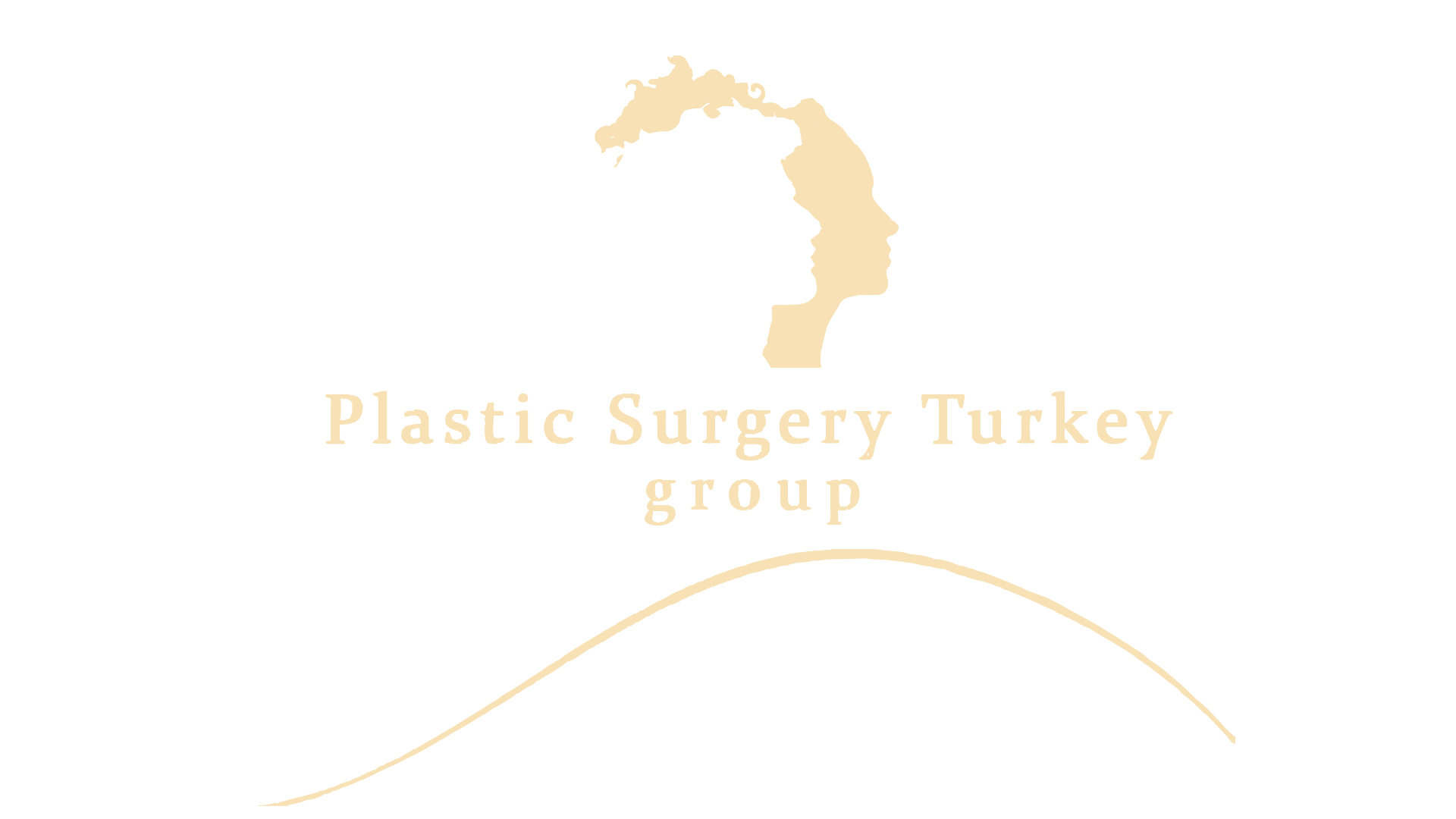
Oops! Page Not Found.
It seems you've taken a wrong turn. Don't worry, even the best explorers get lost sometimes.
We have also moved things around for a better experience. Try browsing from navigation menu on the right corner.
© 2025 Plastic Surgery Group. All rights reserved.